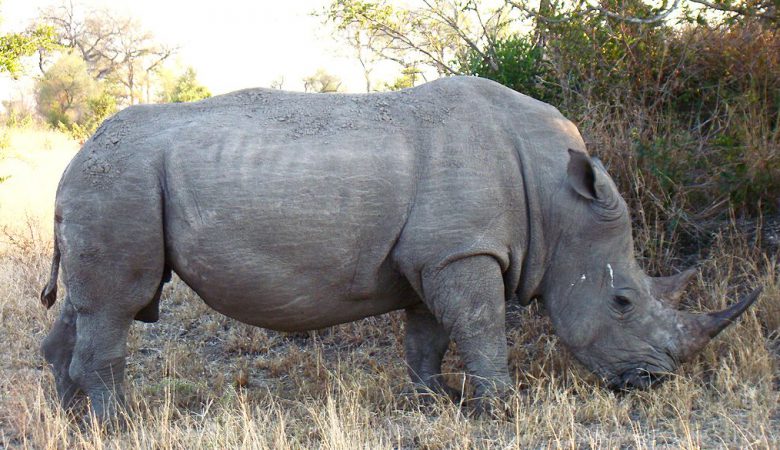How Free Market will save Rhinos
South Africa has been facing a crisis of rhino poaching over the last decade. To help save the endangered species, the South African government has taken a route that seems unconventional to some: legalizing the sale of rhino horns.
The South African government originally imposed the ban on rhino horn sales in 2009, and poaching had been increasing ever since. While a mere 13 rhinos had been poached in 2007, that number had risen to 1,215 rhinos by 2014. It is especially worrying to see this poaching become more prevalent here as South Africa has the largest rhino population in the world.
The reasoning behind this move is rather simple though. The best way to get rid of a black market is to replace it with a free market. In a recent piece for Reason.com, John Stossel highlighted innovative market solutions to this problem, such as Matt Markus’ attempt to make artificial rhino horn. “There’d be no incentive to poach any more.”
South African ranchers raise and manage rhino populations, periodically sawing off their horns, allowing them to grow back naturally, and sold for a profit. Similar measures have been used plenty of times before to save other species, such as the giraffe and the elephant. “Every time there is a major call for an outright ban on ivory products, prices skyrocket, which ends up incentivizing poachers to shoot more elephants.”
The idea that privatizing a resource allows people to take better care of it isn’t exactly new either. Even going back thousands of years to Aristotle, we see a recognition that people tend to treat things better when it is their own private property than when it is held in common.
“[Private property] will improve the more because each will apply himself to it as to private business of his own.” – Aristotle, Politics, 1263a
The same economic principles apply to preserving animal populations. We do not fear the destruction of chicken or cow populations, despite the fact that so many are killed, precisely because they are being farmed. When a market can be established around a resource, markets can coordinate its use according to supply and demand, pushing people to conserve when something is scarce. Many of the biggest environmental issues today come about precisely because people are left to face a non-market ‘tragedy of the commons.’
In truth, private property is an environmentalist’s best friend. By encouraging people to care for what is their own, and market prices communicating what the cost of wasteful behavior is to the rest of society, punishing the wasteful with losses. Free market conservatives make the best conservationists.

